Course Description
AWC 3: Ayurveda Wellness Assessment will empower students with the skills to see and better understand our imbalances and the imbalances of others. Only then can we heal. Students will begin to learn how to measure each of the dosha’s dynamic movements through the bodymind, what signs and symptoms reflect their presence and the deduction of doshic patterns. Basic introduction to pulse, tongue and tissue analysis will be covered, as well as an introduction to Ayurveda psychology, the nature of imbalance (vikriti) and Ayurvedic pathology (samprapti), and an introduction to Ayurvedic diagnostics. Here we introduce students to the practical aspects of counseling, particularly how students determine the appropriate method of healing. Students will practice the assessment methods on themselves and other students in small groups. This material is the heart of the assessment skills that generate insights into the workings of life and life force (prana) from the Ayurvedic perspective.
Covered Topics
– Authenticity as our Healing Path
– Diagnostic Use of the Mahabhutas and the Senses
– Assessing Doshas: Subjective Self Testing vs Objective Assessments
– Ayurveda Training and Standards: Palliative vs Shodhana
– Manas Prakriti: Our Mental Constitution: The Trigunas
– Rogakaarana, Gunas, and Ayurveda Psychology
– Manas Prakriti Self Test in Groups
– Parinam: The Natural Cycle of the Doshas
– Parinam Discussion in Groups
– Samprapti: The Six Stages of Pathology
– Khavaigunya: Inviting Pathology
– External Factors Affecting the Flow of the Doshas
– The Three Disease Pathways
– Diagnostics
– Vikriti: Dosha Imbalances and Common Vikriti
– Functional and Structural History
– Dosha Assessment
– Dhatu Assessment
– Ama Assessment
– Deduction of Patterns
– Roga Pariksha: Condition Assessment
– Pulse Analysis Introduction and Practice
– Tongue Analysis Introduction and Practice
– Practice Assessments on Other Students
– Krishnamacharya: Applying Swasthavritta Ayurveda to Yoga Asana Practice
– Asana Analysis: Reading Doshas in Asana Practice
Faculty Instructors
James Bailey, DASc, AD, LAc, E-RYT inspires an awakening to authenticity as the highest expression of faith in oneself on the path of yoga and healing. His teaching are eclectic and entertainingly provocative. He is sought out by yoga schools for his vast knowledge in traditional eastern teachings and modalities and the ability to bridge them to modern day living and individual healing. James is a third generation physician, Ayurveda and Oriental Medicine practitioner, Ayurveda and Yoga educator, and Yoga teacher trainer who has been living Yoga and Ayurveda for 30 years. His training includes 5 years (4000+ hours) of formal clinical studies in Oriental Medicine and training in Ayurveda under such luminary teachers as Dr. Vaijayanti Apte, Dr. Subash Ranade, Dr. Avinash Lele, Dr. Vasant Lad, and many Ayurvedic doctors and therapists in Kerala, south India where he spends time teaching and studying while on retreat. He heads Sevanti Institute and it’s signature Ayurveda Wellness Counselor Program (AWCP), and leads retreats to India each February with his Sevanti Adventures.

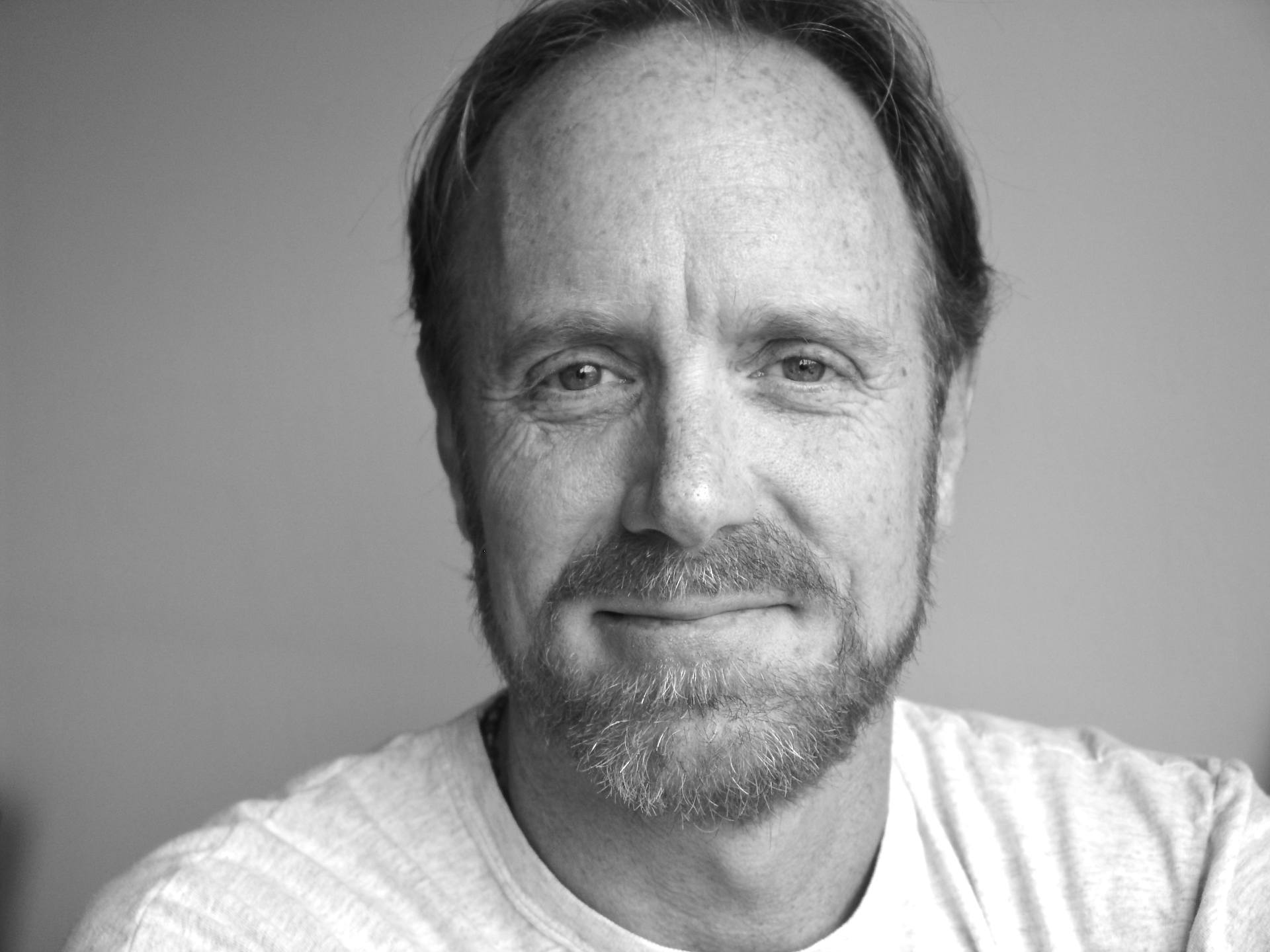
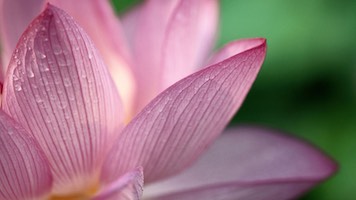






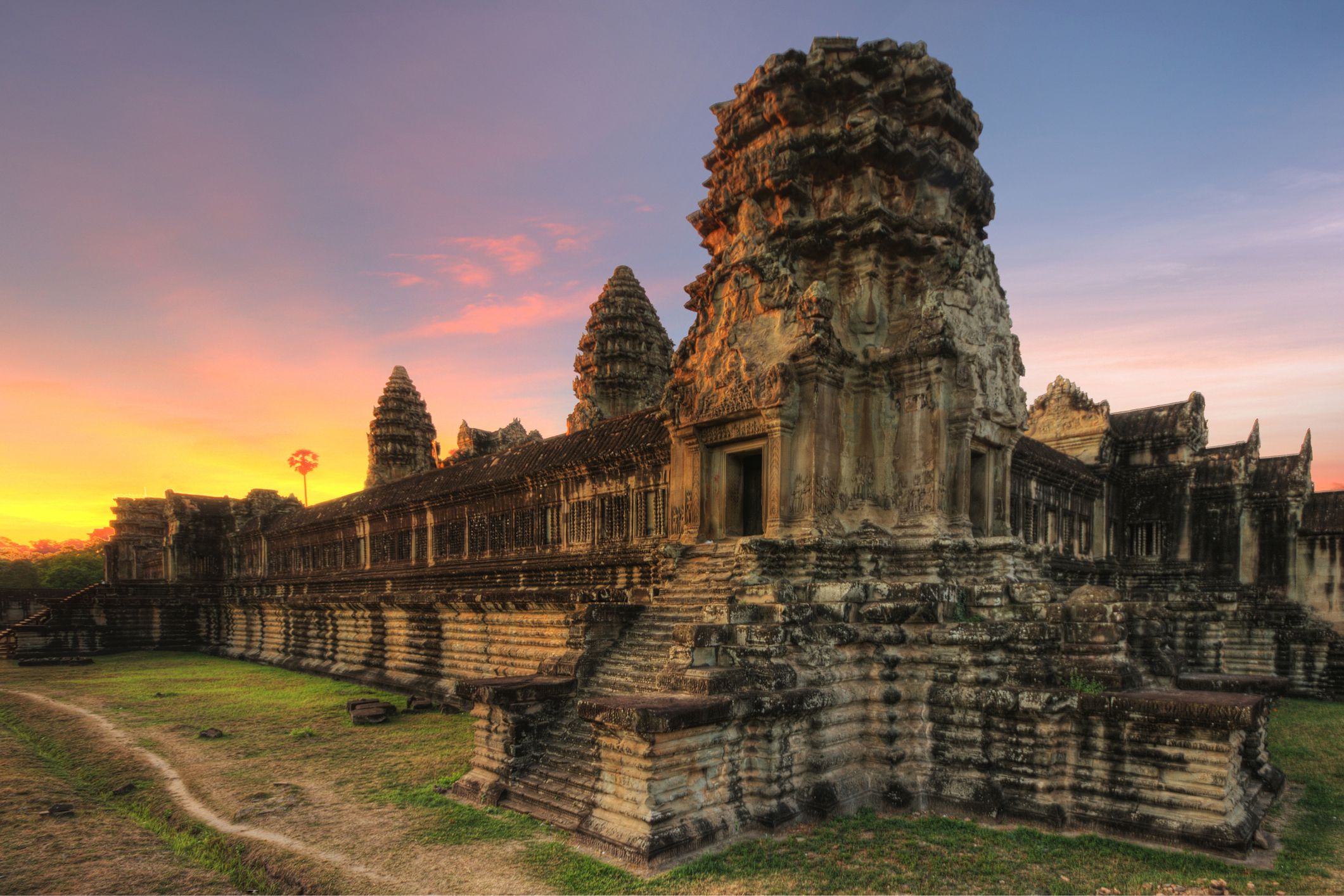


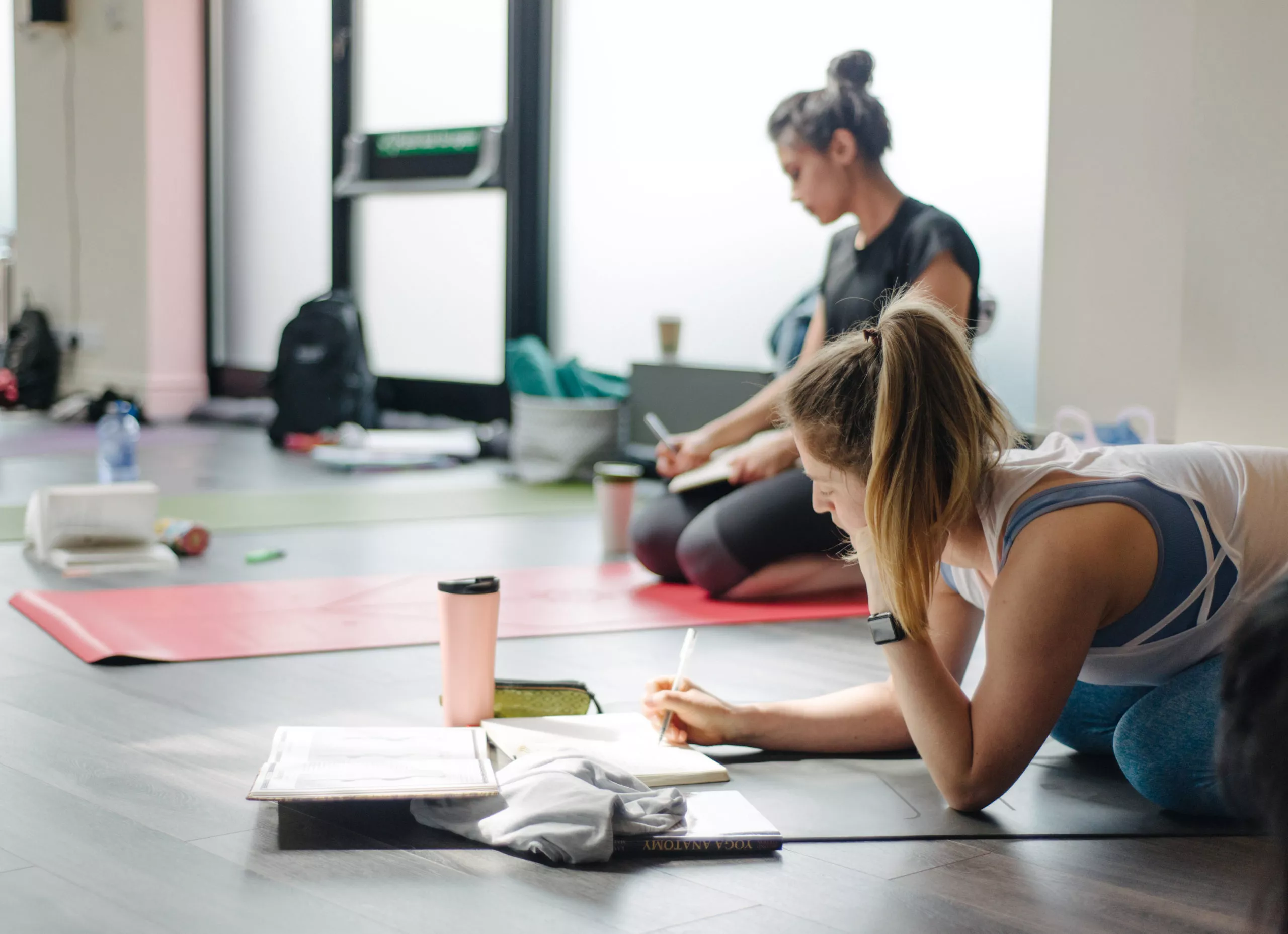
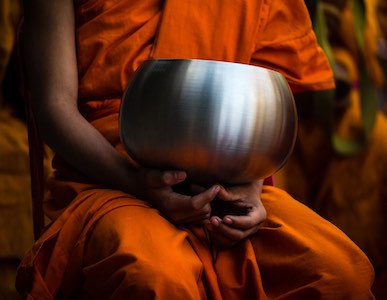



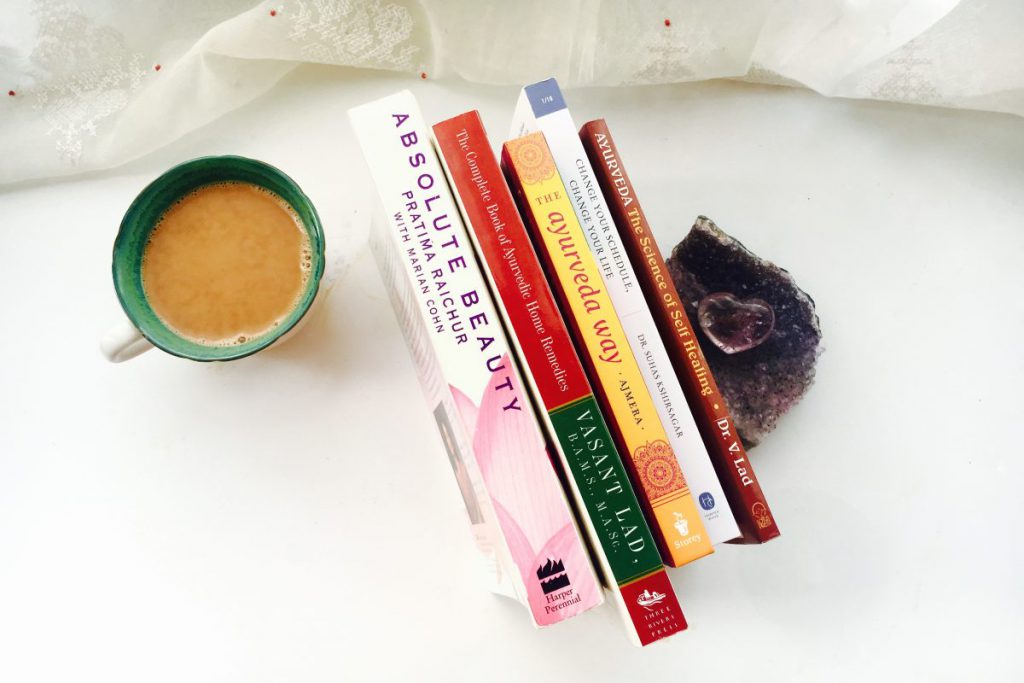


 Sevanti Adventures
Sevanti Adventures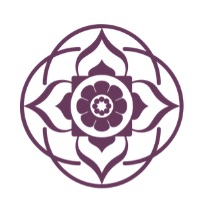 Sevanti Wellness
Sevanti Wellness Sevanti Practice
Sevanti Practice